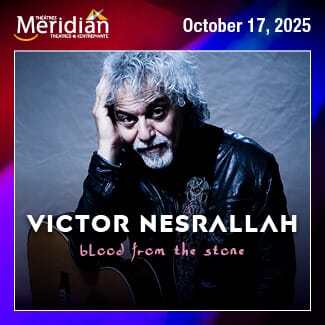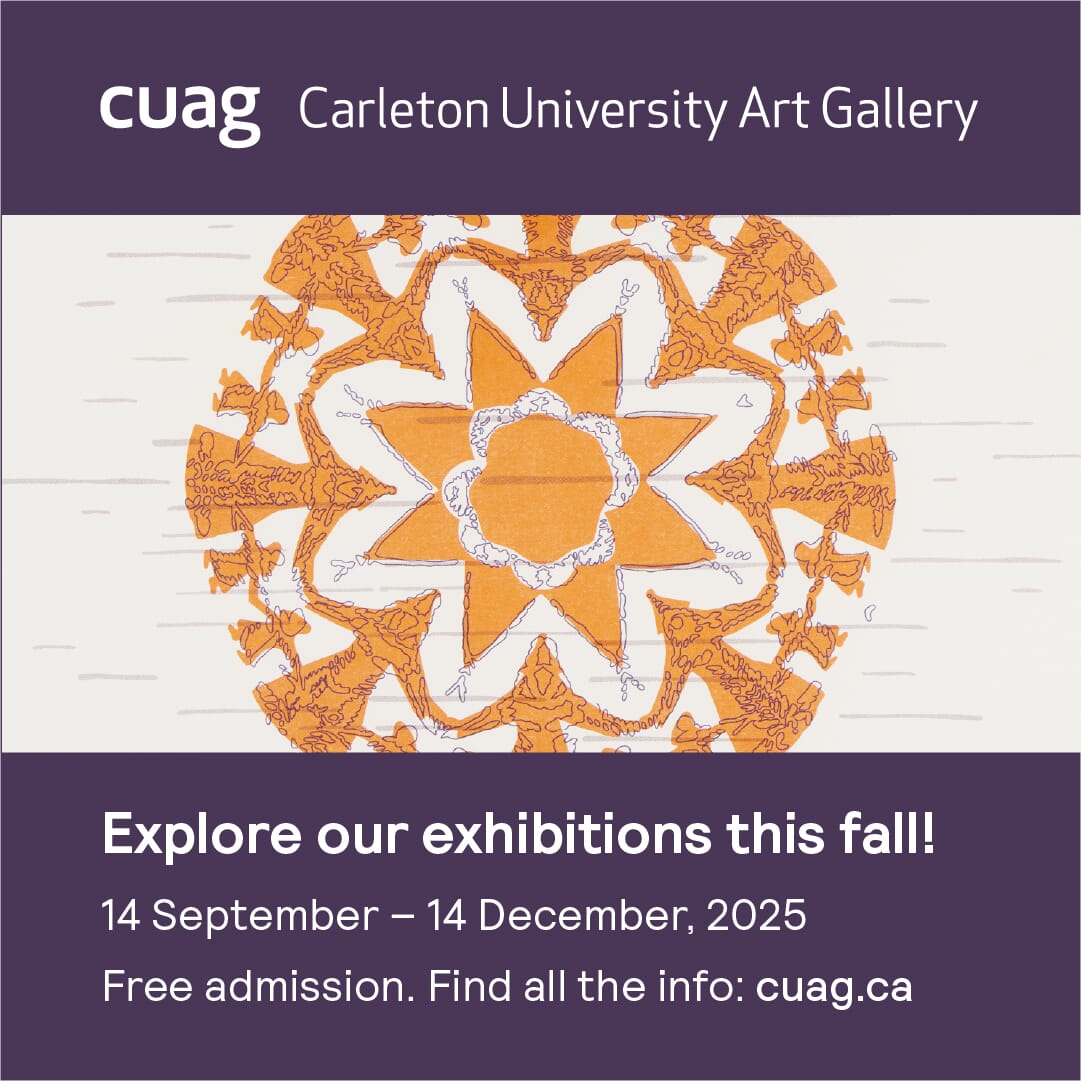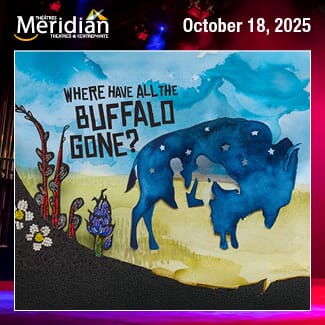Many Ottawa residents know Clive Doucet as a former municipal politician, the principled city councillor who served for four terms at City Hall and who ran unsuccessfully for Mayor in 2010.
What some local residents may not be aware of, however, is his remarkable literary career that has seen Doucet publish numerous books and several plays.
“The reality is that I have always been an artist and a writer,” Doucet tells me in a phone interview. “This is my lifetime’s work.”
While his involvement in city politics from 1997 to 2010 saw him focus primarily on urban issues, he has now returned to his literary roots with a new novel called Shooting the Bruce (click here for eBook).
This touching story revolves around Tom Travis, a Canadian soldier who served as a peacekeeper in several countries. When he is stationed in Bosnia and Herzegovina, however, during the brutal war that took place there in the 1990s, he has a mental breakdown. After witnessing the most violent war in Europe since World War Two, he wakes up one day and can no longer recognize himself in the mirror.
Suffering from post traumatic stress disorder, Travis leaves the army for a civilian life. Unfortunately, his mental struggles continue to haunt him and he breaks up with his fiancé. Alone, unemployed and unsure where to live, he eventually settles in the fictitious small town of Wemje, Ontario, in Bruce County, where he establishes a wildlife photography business and begins the process of psychological healing.
“He went to hell and back,” says Doucet when asked about Travis. “Going from Sarajevo … to Bruce County is a big step.”
The ensuing novel focuses on how people reinvent themselves. In regard to Travis, this can be seen in the play on the verb “to shoot,” where he goes from a world where he routinely fires guns, to a tranquil rural setting where he shoots photographs of wildlife.
 He is not the only character, however, who is changing or searching for meaning. There is Hannah Eaglesmith, the reporter for the local newspaper the Wemje Advocate, who is moving on from a failed marriage, while doing everything she can to teach her children about their aboriginal roots.
He is not the only character, however, who is changing or searching for meaning. There is Hannah Eaglesmith, the reporter for the local newspaper the Wemje Advocate, who is moving on from a failed marriage, while doing everything she can to teach her children about their aboriginal roots.
Then there is the young son of the owner of the Wemje Advocate, who first meets Travis while sports shooting, but then starts changing his views on nature after accompanying Travis on awe inspiring trips to photograph eagles. In fact, this questioning of hunters who kill animals for pure sport is a recurring theme in the book, as Travis, the former soldier who is traumatized by war, criticizes rural sportsmen who kill for pleasure.
“I was the media officer for gun control at the Department of Justice,” says Doucet, when asked why the use of guns play such a strong role in the book. “I feel very strongly about gun control and this spilled over into the book.”
While Doucet’s past government experience does influence this novel, the heart and soul of the story lies with Travis’ struggles as he transitions to civilian life. So make no mistake, this very well-written book is not a didactic attempt to push forward a viewpoint, but rather a beautiful story about healing and rediscovery.
“That is the fundamental nature of the human condition,” says Doucet. “We are always inventing ourselves… The great job for humans is a constant struggle for meaning.”










